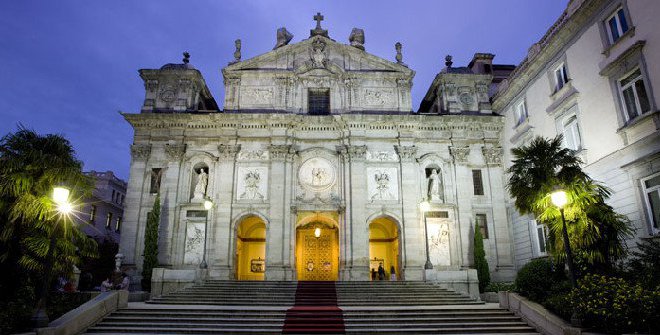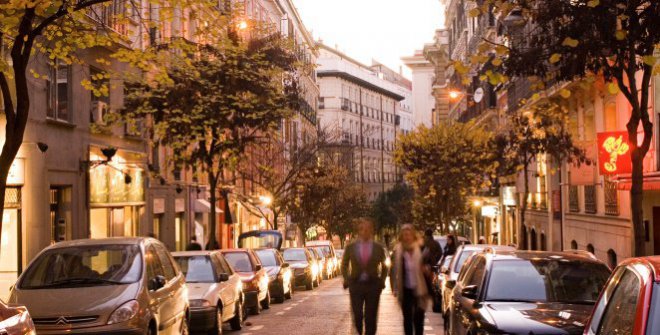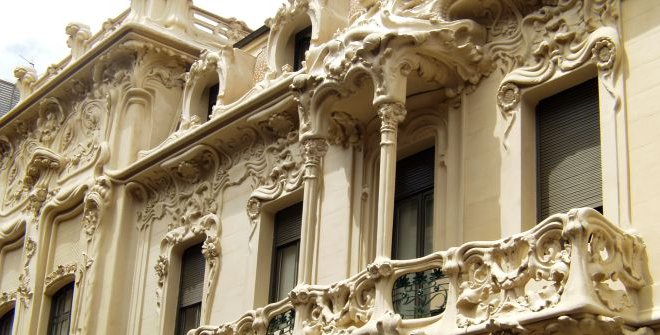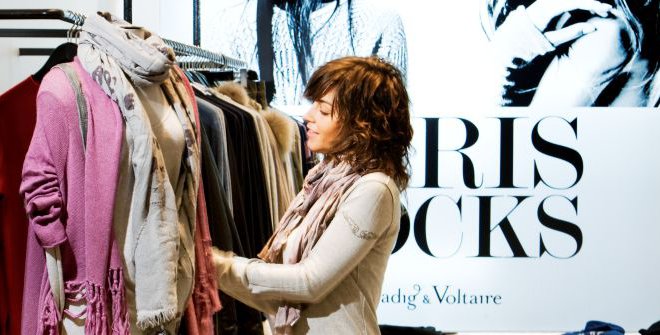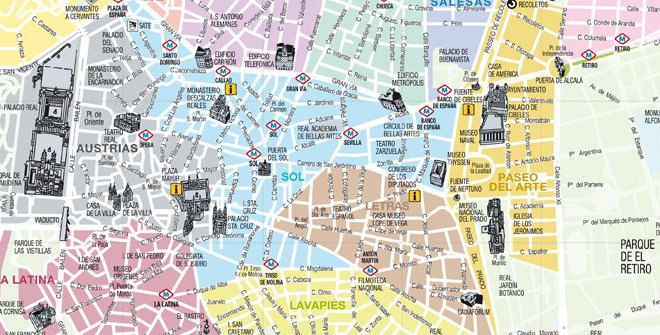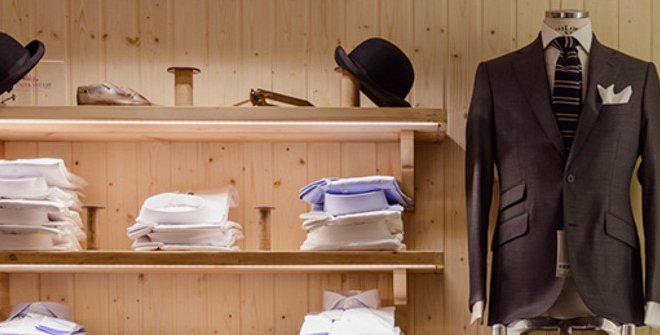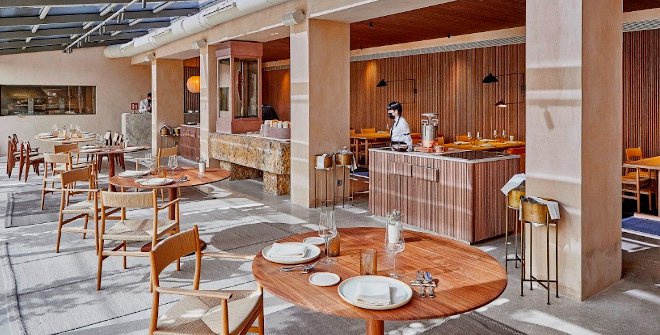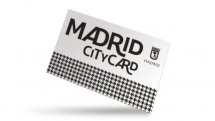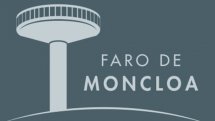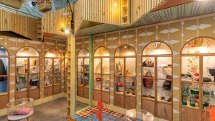Salesas
Salesas is a blend of the latest indie fashion and traditional establishments like Café Gijón
 01_1407316254.463.jpg
01_1407316254.463.jpg 02_1407316259.951.jpg
02_1407316259.951.jpg 03_1407316263.701.jpg
03_1407316263.701.jpg 04_1407316267.183.jpg
04_1407316267.183.jpg

- Art & culture
- Shopping
- Food & drink
Since the 1980s, it has created an important Spanish art collection from the early 20th century and organises first rate exhibitions. In 2008, it opened its venue in a beautiful palace on Paseo de Recoletos, devoted to the exhibition of visual arts, created by diverse artists from the last third of the 19th century until after the end of the 2nd World War.
In 1885 it was called ‘Teatro de la Princesa’; in 1996, it was designated as an Asset of Cultural Interest by the Ministry of Culture. Together with Teatro Valle Inclán, it’s the home of the National Drama Centre.
The main characters in Spanish history, politics, film, arts and sports have their wax figures in this museum. If you’re in the mood, visit the crime gallery and the room of horror. Not for the faint-hearted!
This contemporary art gallery is inspired by Spanish Informalism, American and European abstract expressionism; it covers all of the artistic movements that form part of contemporary art as a primal reflection of the world. It is a comprehensive proposal that includes the specialisation in outdoor sculptures by great maestros, such as Rafael Canogar, Martín Chirino or Manolo Valdés.
This is one of the most important galleries in Spain. Since its opening, it has specialised in new international trends and collecting, whereby Juana de Aizpuru herself is one of the leading collectors in Europe.
It promotes young artists and works to consolidate those who are already known. Inside, there is a space for those artists who have their own, innovative language.
Previously known as the National Cinema or Petit Palais, it is one of the oldest theatre halls in the city.
Opened in 1962, it was demolished in 1966 to be rebuilt two years later with the latest technology.
This contemporary art gallery is committed to participating in international fairs and the promotion of emerging artists. Its objective is to spread the work of new artists and foster dialogue with emblematic authors from other generations.
This palace, also known as the Count of Villagonzalo Palace, can be found at Hortaleza, 87, between the Chueca and Salesas neighbourhoods. It is one of the few Madrid palaces of the rationalist movement from the second half of the 19th century.
Church of Santa Bárbara (Salesas Reales Convent)
Designed by the Frenchman, René Carlier, and modified and developed by Francisco Moradillo, it is one of the city’s most elegant buildings and the main parish for the Salesas neighbourhood. It stands out for its elegant façade and its majestic staircase designed by Miguel Durán.
The headquarters of the Cervantes Institute is located in the Chueca and Salesas neighbourhood. It is a public institution set up to promote and teach the Spanish language and to spread the Spanish and Latin American culture. It offers a lot of cultural activity for all, such as theatre plays, exhibitions and workshops for children.
The big stars in this district are the multiple fashion stores, on Piamonte and Almirante streets. You’ll find international brand boutiques and independent designers’ stores. Their carefree, casual style contrasts with the sobriety of Barrio de Salamanca, even when both districts may ooze elegance and glamour.
In this area, you can find the NAC shop and more Spanish and international firms, such as Nice Things, Ailanto, which are some of the musts in this area. The customised luxury shoe shop, Just-Ene, designer, Jorge Vázquez’s shop and the urban fashion and accessories shop, Stüssy. Despacio Concept Store is a multi-brand store of sustainable fashion and accessories firms.
If you love markets, don’t miss [The Festival] by SALESAS, which has different editions throughout the year.
Next to the Chueca district is Calle Barquillo, lined with stores devoted to electronics: TVs, audio systems, cameras, microphones, amplifiers, and all the audio and video accessories you can imagine.
In Salesas you can’t miss the old, traditional Café Gijón. Opened in 1888 by Asturias-born Gumersindo Gómez when he returned from Cuba, this coffee house soon turned into the meeting place of the leading Spanish intellectuals of the time: Ramón y Cajal, Baroja, Pérez Galdós, Benavente, Valle-Inclán, Severo Ochoa and Ramón Gómez de la Serna, to name but a few. Café Gijón has kept its nineteenth-century décor and flavour; it’s well worth a detour if you happen to be walking along Paseo de Recoletos. The adjacent El Espejo Nouveau, which also has an outdoor terrace, is another excellent option to have something to eat or drink in the middle of the Paseo.
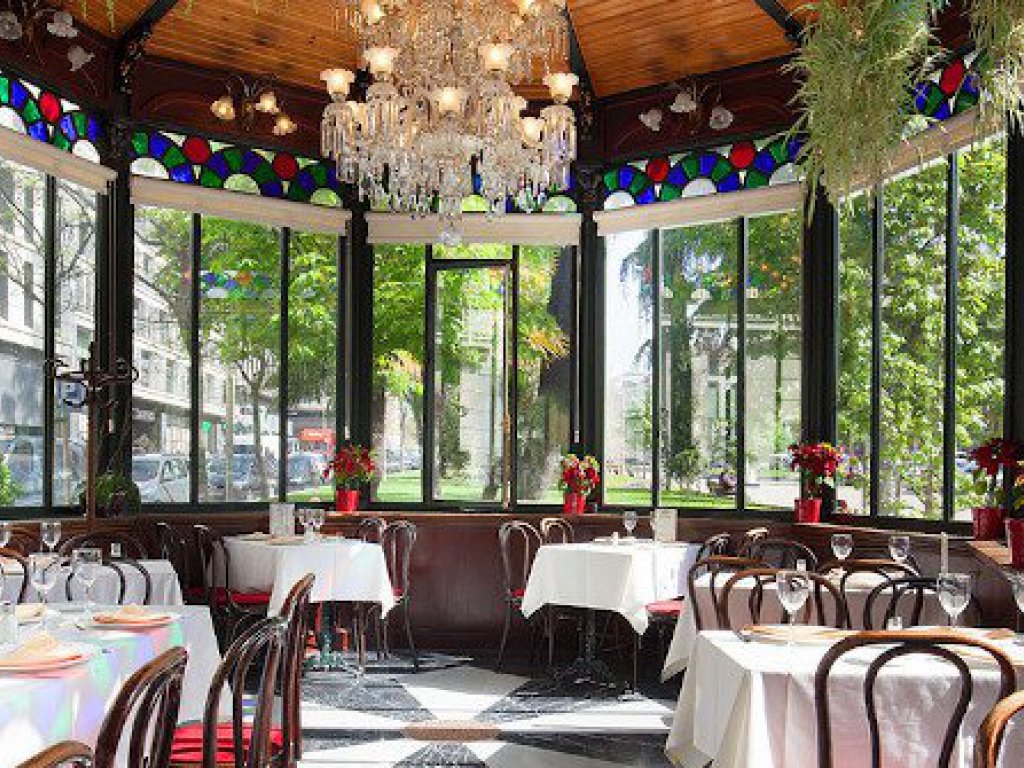
The range of restaurants in Salesas is extensive. From establishments specialising in lobster to the Madrid culinary proposal of the chef, Diego Guerrero, holder of two Michelin stars at his DSTAgE Concept restaurant, located on the edge of the Chueca neighbourhood. If you are on a tighter budget, we suggest booking a table at La Tavernetta or Krachai, among many others.
Plaza de Santa Bárbara is perfect to have a beer in one of the many nice outdoor bars. If you’re there, you won’t need to walk much to find a specialty store offering tea, chocolate, olive oil, pastries or homemade bread. Among them, we can highlight the Panod bakery, the cheese store, La Duquesita, or the cake shop-coffee shop, Manolo Bakes which serves its famous "manolitos", all stand out.
If you want to try your luck, go to the Gran Madrid Colón Casino, which is also home to the Rhum&Rhum Bar.
And Habanera, a spectacular space set around a courtyard inspired by Cuban colonial architecture.
On the same premises occupied for more than 40 years by the legendary Café Oliver, Cannibal Raw Bar is a raw cuisine restaurant that focuses on the quality of the ingredients used. Next to Paseo de Recoletos, in the heart of Las Salesas, you can visit La Carlota, a place that pays tribute to women with unique recipes made using high quality ingredients. And NiMÚ Barquillo is the perfect place to have some tapas, lunch, dinner or a drink.
In the heart of this neighbourhood is Casa Salesas that brings together the concepts of bar, restaurant, café and club; you can also visit Café de Macao that serves a fusion of local and Asian cuisine; and in Calle Génova, El huerto de Floren Domezáin serves up the best ingredients and grilled dishes typical of Navarra.
-
Map of Tourist Areas (PDF)
-
Shopping: Las Salesas
DON'T MISS
-
Michelin-Starred Restaurants
OFFICIAL PRODUCTS
- Contact
- General Conditions
- Legal Terms and Conditions
- Cookies policy
- Privacy settings
- madrid.es
